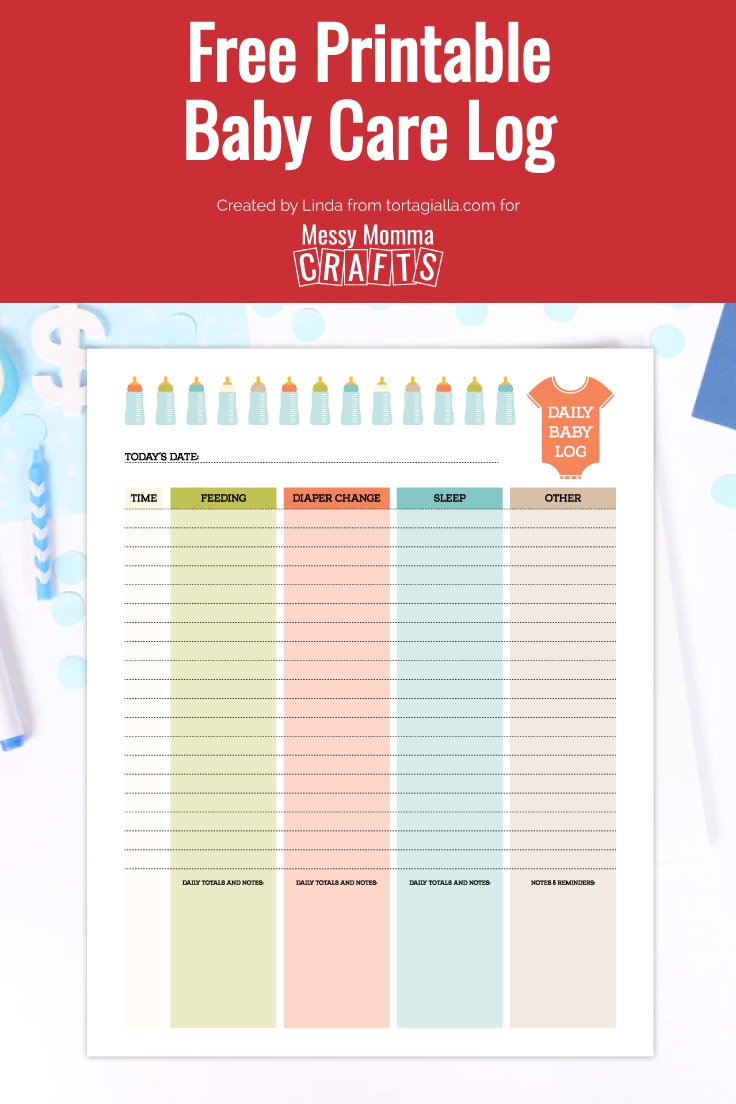
Baby Care: A Comprehensive Guide for New Parents
Introduction
The arrival of a newborn baby is a life-changing event, filled with joy, excitement, and a whirlwind of responsibilities. As new parents, navigating the intricacies of baby care can be daunting. This comprehensive guide aims to provide you with essential knowledge and practical tips to ensure the well-being and happiness of your precious little one.
Feeding
Breastfeeding:
- Breast milk is the ideal nutrition for infants, providing optimal nourishment and immunological benefits.
- Establish a regular breastfeeding schedule, typically every 2-3 hours.
- Ensure proper latch to prevent nipple soreness and maximize milk flow.
- Consider using a breast pump to express milk for bottle-feeding or storage.
Formula Feeding:
- If breastfeeding is not possible or desired, formula provides an adequate alternative.
- Choose a formula recommended by your pediatrician and follow the preparation instructions carefully.
- Feed your baby on demand, usually every 3-4 hours.
- Burp your baby frequently to release trapped air.
Diapering
- Change diapers frequently, every 2-3 hours or as needed.
- Use gentle wipes and diaper cream to prevent diaper rash.
- Dispose of soiled diapers properly to maintain hygiene.
- Consider using cloth diapers as an eco-friendly and cost-effective option.
Bathing
- Bathe your baby 2-3 times per week or as needed.
- Use lukewarm water and gentle baby soap.
- Support your baby’s head and body securely during bathing.
- Avoid using harsh soaps or detergents that can irritate the baby’s skin.
Clothing
- Dress your baby in comfortable, breathable fabrics like cotton.
- Choose clothing that is easy to put on and take off.
- Layer clothing to adjust to changing temperatures.
- Avoid overheating or underdressing your baby.
Sleep
- Newborns typically sleep for 16-18 hours per day.
- Establish a regular sleep-wake cycle to promote healthy sleep patterns.
- Create a calming bedtime routine, such as a warm bath and gentle massage.
- Use a white noise machine or lullabies to block out distractions.
Health and Safety
Immunizations:
- Immunizations are essential for protecting your baby from serious diseases.
- Follow the recommended immunization schedule provided by your pediatrician.
Sick Care:
- Monitor your baby’s temperature and seek medical attention if it exceeds 100.4°F (38°C).
- Contact your pediatrician if your baby exhibits any signs of illness, such as fever, vomiting, or diarrhea.
- Keep your baby away from sick individuals to prevent infection.
Safety:
- Never leave your baby unattended.
- Use a car seat whenever transporting your baby.
- Secure your home by baby-proofing electrical outlets, sharp objects, and stairs.
- Avoid smoking or exposing your baby to secondhand smoke.
Bonding and Development
Bonding:
- Spend quality time with your baby through cuddling, talking, and singing.
- Respond to your baby’s cues and provide comfort and reassurance.
- Engage in skin-to-skin contact to promote bonding and regulate body temperature.
Development:
- Track your baby’s growth and development through regular checkups with your pediatrician.
- Encourage your baby’s cognitive, physical, and social skills through play, interaction, and exploration.
- Provide a stimulating and nurturing environment to support your baby’s overall well-being.
Special Considerations
Premature Babies:
- Premature babies require specialized care and monitoring.
- Follow your pediatrician’s instructions carefully and seek medical attention promptly if you notice any concerns.
Multiples:
- Caring for multiple babies can be challenging.
- Establish a routine and seek support from family, friends, or a postpartum doula.
- Consider using a double stroller or other equipment designed for multiples.
Special Needs Babies:
- Babies with special needs may require additional care and support.
- Collaborate with your pediatrician and other healthcare professionals to develop an individualized care plan.
- Access resources and support groups to connect with other parents facing similar challenges.
Self-Care for Parents
- Prioritize your own well-being to ensure you can provide the best care for your baby.
- Get enough sleep, eat healthy, and engage in self-care activities.
- Seek support from your partner, family, or friends.
- Don’t hesitate to ask for help when needed.
Conclusion
Baby care is a journey filled with both challenges and immense joy. By following these comprehensive guidelines, you can provide your precious little one with the love, care, and support they need to thrive. Remember to be patient, flexible, and seek guidance from your pediatrician when necessary. As you navigate this transformative experience, embrace the wonder and beauty of nurturing a new life.
